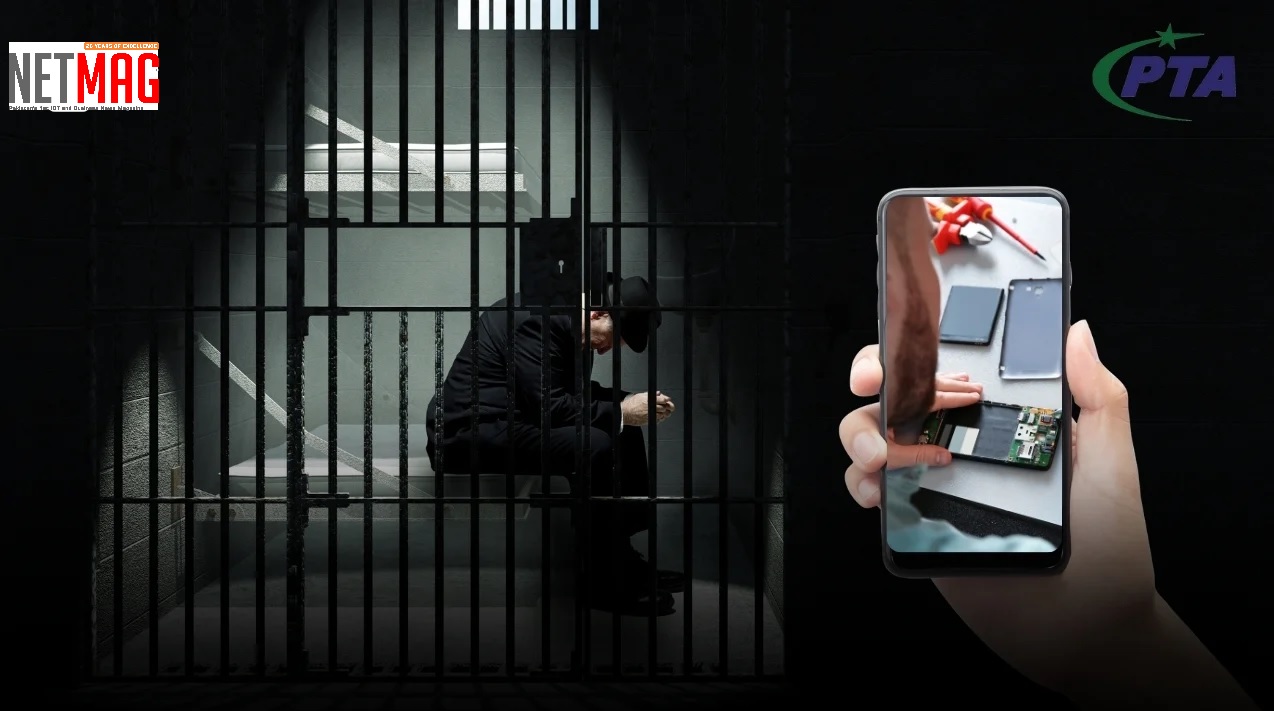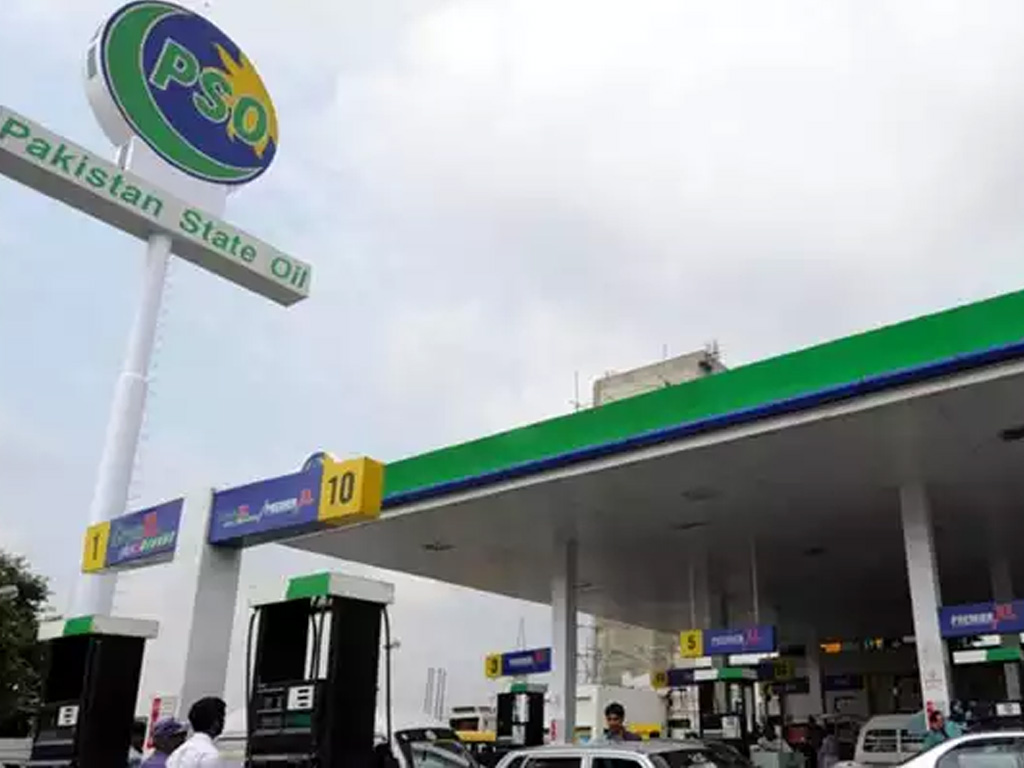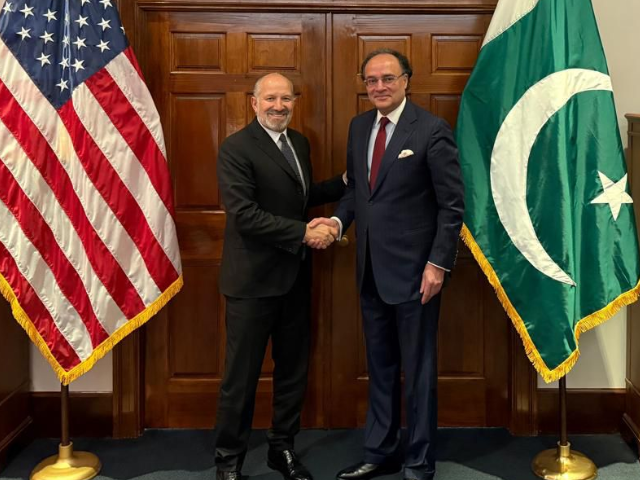The Pakistan Telecommunication Authority (PTA) has once again issued a stern warning to citizens regarding the use of illegal or tampered mobile phones. The authority states that individuals using such devices, particularly those with cloned or altered IMEI numbers, could face severe penalties. These include up to three years in prison, a fine of up to Rs. 1 million, and confiscation of the device.
This latest notification has ignited a significant backlash on social media platforms, with users expressing anger, frustration, and fatigue over the announcement. The comments sections on platforms like Facebook, as well as on local Tech website and PTA’s official pages, have been inundated with critical feedback and questions.
User Feedback Highlights:
-
Failure to Address the Root Cause: Many users questioned why the PTA is penalizing end-users instead of preventing the influx of illegal phones in the first place. Zeeshan Khalid pointed out, “They failed to stop patched mobiles. Why penalties now?” This sentiment suggests a perception of the PTA shifting blame and responsibility onto consumers.
-
Questioning the Value of Taxes: The burden of high taxes on legal phones was a recurring theme. Syed Mubarak Abbas questioned the utility of these taxes, asking, “Are we getting better healthcare or education? No. Then why keep squeezing the public?” This highlights a sense of disillusionment with the taxation system and a feeling that citizens are not receiving adequate public services in return for high levies.
-
Punishing the Wrong People: A significant portion of the feedback argued that the PTA is targeting innocent buyers who are often unaware that their purchased phones are illegal or patched. The users believe the focus should be on those involved in smuggling and selling these devices in the black market.
-
Impact of High Taxes: Numerous users emphasized that the exorbitant taxes on smartphones are a primary driver for people seeking cheaper, often unregistered, alternatives. One comment stated that a phone costing Rs. 50,000 ends up costing Rs. 110,000 after tax. Muhammad Salar Abbasi questioned the fairness of such high taxation, writing, “Buying a 4-lac phone with 1.76-lac tax? Where is the justice?” This suggests that the high cost of legal phones is pushing consumers towards the grey market out of necessity, not choice. Syed Huzaifa Ali echoed this by comparing the specifications of expensive legal phones with cheaper patched alternatives, asking, “Even 100k phones are potatoes in specs. Why not buy a 30k patched phone that performs better?”
-
Retailers’ Plight: Retailers also voiced their concerns, stating that they purchase sealed, PTA-approved phones only to have them blocked months later. Abdul Qudoos Khan shared his frustration, “We spend millions buying sealed, PTA-approved phones. But later, the same phones get blocked. Why?” This indicates a flaw in the system that affects legitimate businesses and erodes trust.
Must Read:
PTA and FIA Crack Down on IMEI Tampering in Faisalabad
-
Comparison with Other Countries: Users frequently compared Pakistan’s mobile registration system with practices in other countries, noting that such stringent regulations and taxes are uncommon elsewhere. The absence of similar IMEI registration in India and even some African nations was highlighted. One user commented, “The curse of PTA and non-PTA devices exists only in Pakistan.” Another added, “Even in the world’s poorest nations, no one pays such taxes to use a mobile phone,” raising questions about the rationale behind Pakistan’s unique system.
-
Questioning PTA’s Justification: While the PTA claims the system is for national security by preventing the use of fake IMEIs in criminal activities, critics argue that this justification doesn’t warrant the high costs and penalties imposed on সাধারণ users who unknowingly buy illegal phones.
-
Demand for Accountability from Sellers: The overwhelming sentiment in the user feedback was that the PTA should hold sellers, smugglers, and importers accountable instead of penalizing the end-users. Bilal Karim wrote, “Why arrest users? Arrest the dealers.” Hurrair Aqeel went further, calling the PTA’s approach “daylight robbery” and suggesting the authority is aware of the grey market but chooses to target the public instead of fixing the systemic issues.
Final Verdict, the PTA’s latest warning has been met with strong opposition from the public. The user feedback consistently points towards issues with high taxes, the perceived unfairness of penalizing buyers of unknowingly illegal phones, the lack of action against those supplying the grey market, and a comparison with more lenient systems in other countries. The central question remains whether the PTA’s actions are a genuine effort towards regulation or simply another means of extracting revenue from the populace. The users demand a more equitable system that addresses the root causes of illegal phone usage rather than punishing the average citizen.



